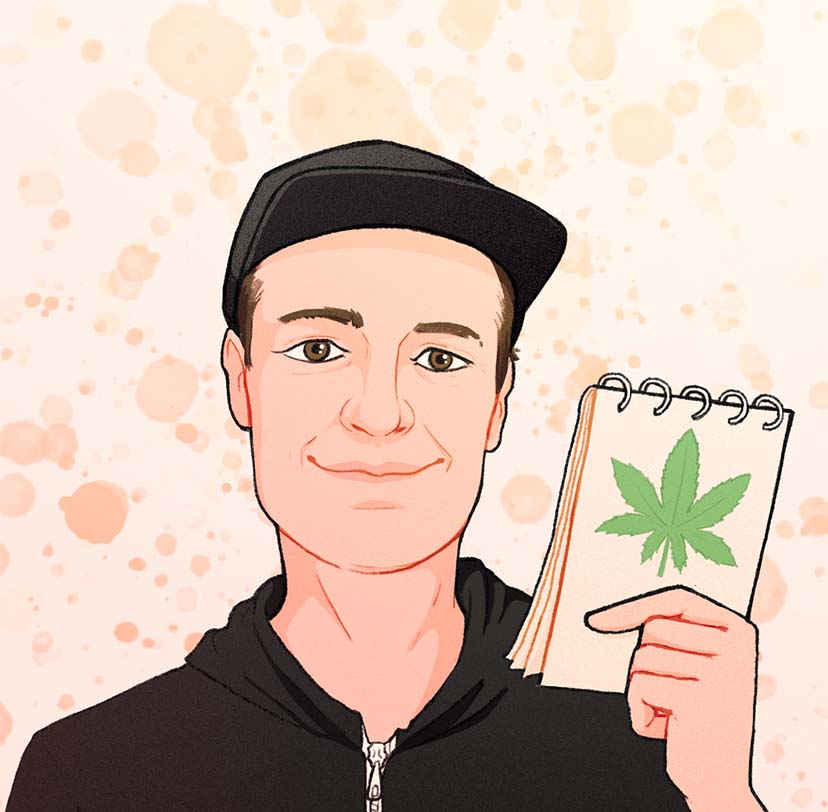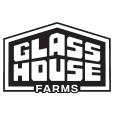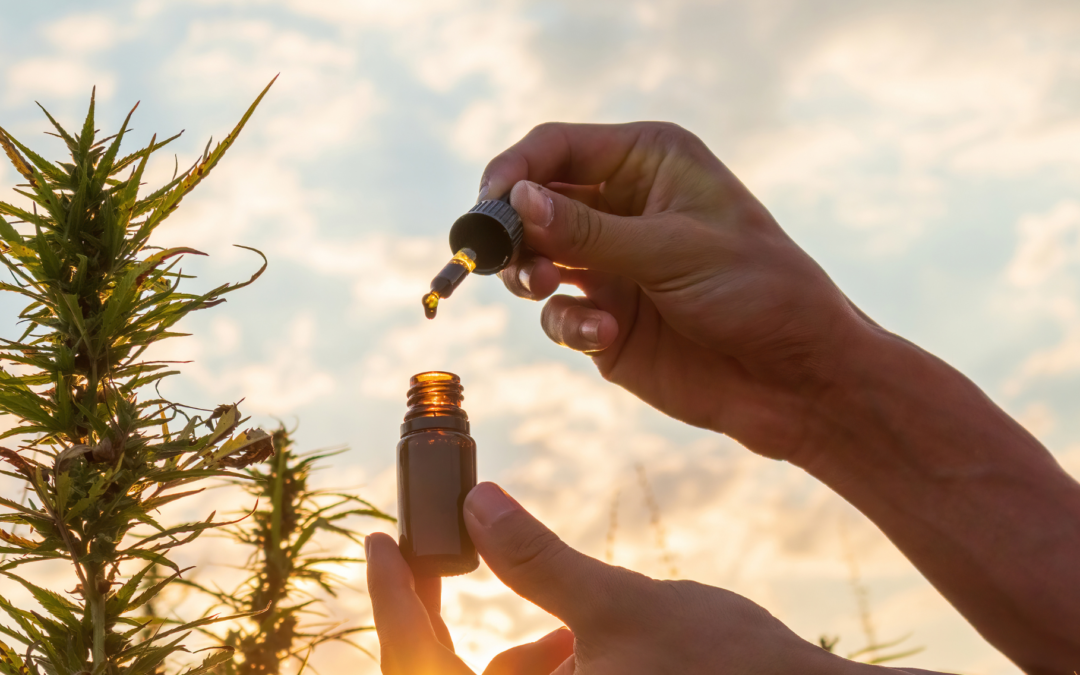How to Shop Smart for National CBD Day
August 7th, 2022
Boy, we’ve come a long way, haven’t we? Even just a decade ago, the concept of the U.S. celebrating a national holiday honoring a cannabinoid seemed almost impossible. Fortunately, progress has a way of moving fast once it gets in motion. In this case, it was Congress passing the U.S. Farm Bill in 2016, which legalized the cultivation and sale of CBD — from hemp.
Why is this distinction important? As you’ll learn below, CBD offered for sale today actually falls into one of two distinct categories. In addition to the hemp-derived CBD products you may encounter at grocery stores, gas stations, and convenience stores, there are also products that can only be sold through licensed cannabis operators in states which permit such activities.
Here at Glass House Farms, we fall into the latter category with our line of Jelly Fish CBD-Rich flower, tinctures, and pre-rolls. Recently recognized with a second-place finish at the 2022 Emerald Cup Awards for “Best Alternative Cannabinoid Flower,” our Jelly Fish line represents one end of what’s today become a wide spectrum of options for curious CBD consumers.
Confused? Don’t worry: we’re happy to fill in the gaps. And in the public’s defense, things have happened very quickly in the timeline of CBD’s rapid ascent to becoming an industry valued at $4.9 billion in 2021. For this reason, since 2017, Americans have joined together each August 8 to pay tribute to this non-psychoactive star of the cannabis plant.
With National CBD Day once again on the horizon, we decided this would be the perfect moment to put together an essential guide to buying CBD. Below, you’ll find all the vital information required to make an informed purchase of CBD products.
#1. Know the difference between hemp-derived CBD and cannabis-derived CBD.
There’s a reason this blurb is coming first. If there’s one thing that continues to confuse people about CBD, it’s what separates hemp-derived CBD from the products sold at licensed dispensaries. Part of this confusion assuredly stems from the fact that both products do, technically, come from cannabis.
How is that possible? Here’s how our friends at Leafly explain it:
“Cannabis refers to a genus of plants which has three species: indica, sativa, and ruderalis. Hemp is not a different species of the cannabis plant. The above classifications have been devised to differentiate intoxicating cannabis from non-intoxicating cannabis. Hemp is a sativa species, while cannabis can be sativa, indica, or ruderalis.”
From a layman’s perspective, hemp and cannabis do look similar to one another. But unlike cannabis, hemp can be grown legally – provided it contains no more than 0.3% THC. That’s not enough THC to cause any intoxicating effects when consumed, so the resulting CBD can be extracted and sold in a wide variety of products. By contrast, cannabis-derived CBD refers to products featuring CBD extracted from a cannabis plant that contains more than 0.3% THC and is thus subject to the state cannabis industry regulations.
Why does it all matter? CBD derived from cannabis tends to have a more robust terpene and cannabinoid profile than hemp. Some research suggests that these compounds work best when introduced to the human endocannabinoid system in tandem, thus making cannabis-derived CBD a preferred option for those who subscribe to a body of thought known as “the entourage effect.”
At Glass House Farms, we create CBD-rich products from our own, proprietary Jelly Fish strain, which is why you can only purchase our line from a licensed cannabis retailer.

#2. The extraction method utilized to make your CBD product matters.
The overall world of cannabis extraction is fascinating stuff, but for today’s purposes, let’s focus on the three main forms of extraction you’re likely to encounter. The reason CBD is extracted is to ensure an adequate concentration of the compound in each dose while also bypassing the need for further decarboxylation (aka igniting it or otherwise applying heat).
Full Spectrum — As far as Glass House Farms is concerned, full spectrum is the gold standard. Utilizing a gentle extraction process, the resulting concentrate is packed with all the “good stuff” at the heart of the entourage effect. Getting as many native terpenes, flavonoids, and essential oils from the plant and into our customers’ products of choice is always the goal, which is why our Jelly Fish CBD-Rich tinctures are full spectrum too!
Distillate — Arguably the polar opposite of full spectrum, distillate products seek to strip out everything aside from a few key components. In most cases, that component is THC or CBD, though an array of combinations and options exist in the marketplace today. Getting a pure isolation is tricky and costly, which is why we classify products that contain a small serving of cannabinoids and terpenes as “broad spectrum.” Naturally, “isolates” are just what they sound like and provide a potent, direct avenue for consumers with a specific desire for high-dose, easy-to-administer cannabis solutions.
#3. Don’t get faked out — check labels and vet your retailers.
Sadly, the relative newness of the CBD industry means there are still some bad actors there. This is specifically an issue in the hemp-derived CBD market, where federal oversight remains minimal. To keep yourself protected, always feel empowered to Google any product before making a purchase. Not only should any reputable company have a website, but that website should clearly display their licensing information if they are providing cannabis-derived CBD.
Also be sure to read the labels on products before making a purchase. Again, ingredient lists should be easy to access (we rock QR codes!) and unfamiliar ingredients or shoddy-looking packaging should always be a tip-off that this may not be a quality buy.
#4. Know the needs (and limitations) of your body before trying a new substance or medicine.
This is general advice but it certainly applies to CBD as well. Before taking any substance or medicine, make sure you’re aware of any potential drug interactions that may concern you. It’s always smart to make an appointment to speak with your physician if you have any lingering questions or doubts. Products which rely on distillate are more likely to trigger an adverse reaction, so exercise extra caution when consuming CBD in distillate or isolate form.

Zack Ruskin
Zack is a freelance cannabis and culture reporter. He served as San Francisco Weekly’s “Pacific Highs” columnist for six years, covering local equity programs, Bay Area cannabis news, and interviewing everyone from Willie Nelson to Rep. Barbara Lee. His other bylines include the San Francisco Chronicle, Leafly, California Leaf Magazine, The Nib, Vanity Fair, KQED, and Variety. Follow him on Twitter: @zackruskin.

